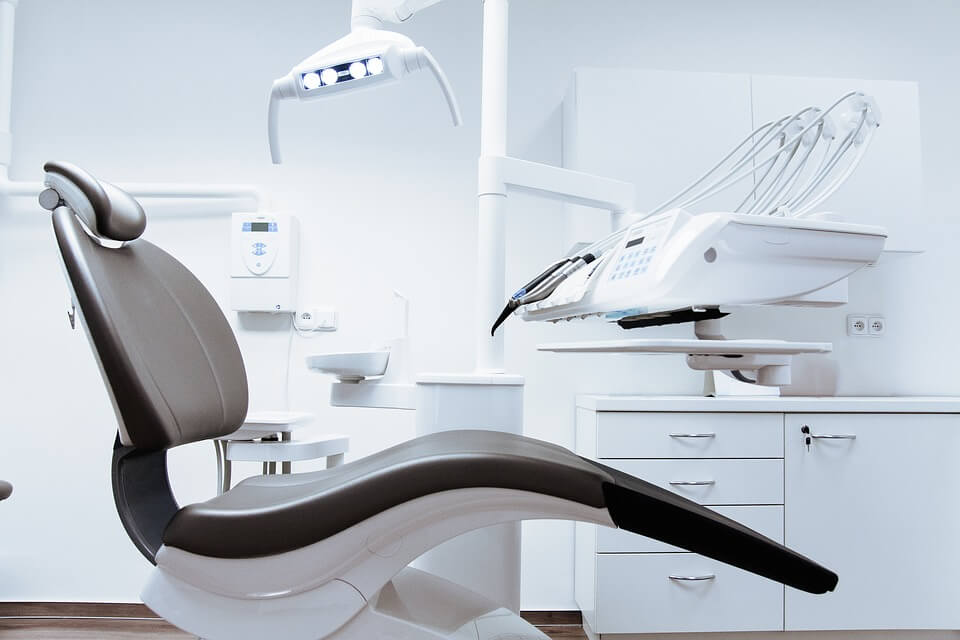Dentists are health-care practitioners who deliver care to patients ranging from education and government institutions to private cleanings and restorations. Dentists are experts in oral health, they spend years in dental schools to become professional health-care providers. They also have access to continuing education opportunities to further improve and polish their clinical skills.
However, the clinical side of dentistry is only half of a successful dental practice. Dentists are business owners who must make management decisions, handle financial matters, communicate with personnel, update their offices with new tools and technologies, etc. They must not only possess great medical skills but also be experts in the business side of dentistry.
Traditionally, many dentists like the opportunity to practice their own business, but unfortunately far not all of them realize that this opportunity is a complicated issue which requires a consistent approach and resources.
Partner with marketing professionals
Marketing dental service is a great way to acquire new clients and improve business recognition. But dentists are not marketers, they don’t know how to promote and sell, so it’s reasonable to delegate strategic marketing to professionals.
For example, a well-known company Hill Kindy provides professional dental practice sales and marketing services in Canada and United States. These guys employ an “open house” approach to address every client’s needs, whether it’s about dental practices for sale, email marketing, or business appraisal.
Estimate practice costs
Dentistry is a medical service business. When you decide on it, first you have to determine the business costs and understand how you’re going to cover those costs. Let’s have a look at average costs.
A dentist must have a strong balance sheet and display the ability to pay off debts. According to a report of the American Dental Association (ada.org), the average costs for running a dental practice startup are $500,000 – for office rental, equipment, and supplies.
Banks provide practice loans for 10-12 years, currently the average rates of 5-6%. So if you borrow 500,000, it will cost you ~$5,500 for a 10-year term, or ~$4500 for a 12-year term. Plus, if you account for practice overheads, you’ll get monthly collections of 10,000 and 14,000 respectively to repay the bank.
Be savvy and lean
At first glance the costs may look high. But it doesn’t mean dentists shouldn’t start practice businesses. A savvy businessperson will focus on controlling expenses and handling debt service. How?
First of, a doctor has to be lean in staffing. Staff costs constitute the largest portion of dental practice expenditure. Hire only essential personnel (receptionist, assistant, hygienist) and pay them a reasonable wage.
Another important step is, control supply expenses and bank fees. In the United States an average dentist invests $40,000 a year in clinical suppliers and spends $10,000 on credit card processing fees. You must try to find other suppliers and banks with lower prices and rates, and this in turn will have a tangible effect on the profitability of your practice. According to dentistryiq.com, a dentist can save up to $20,000 annually on supplies and bank fees.
So understanding the business side of dentistry is essential to a successful practice. Your ability to save and stay lean will allow you to cut expenses on staffing, medical supplies and bank services. Being a financial savvy manager in your small dental business is as important as being the best clinician.
